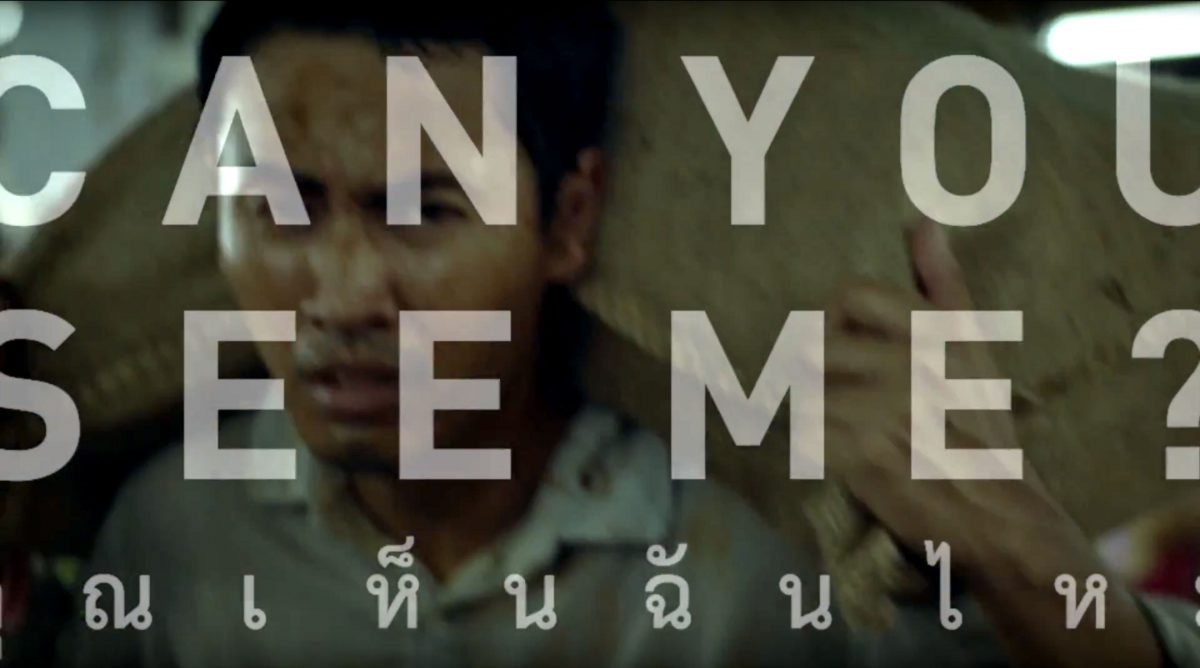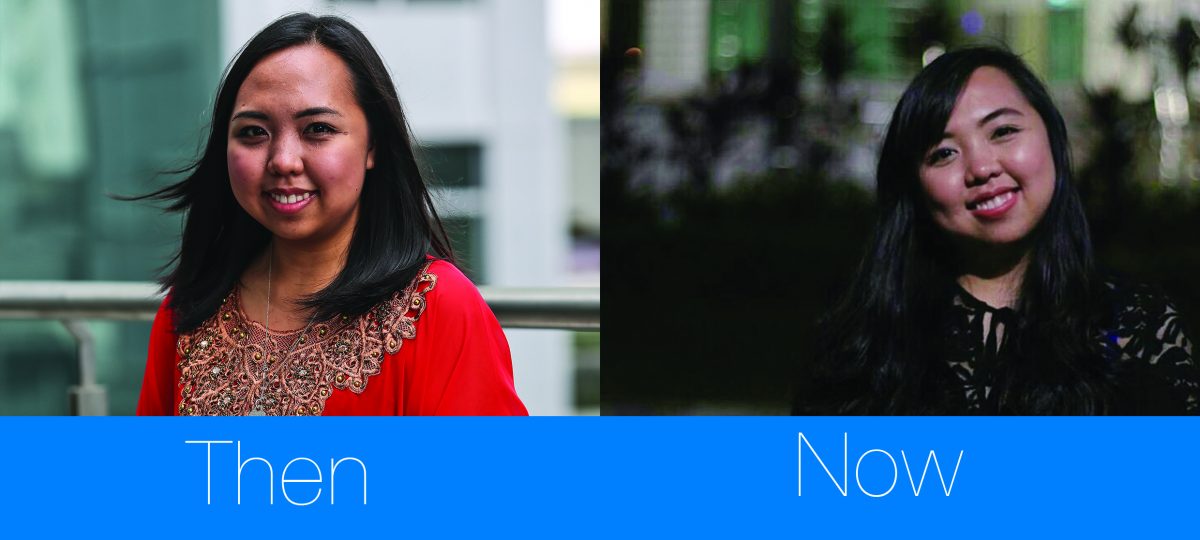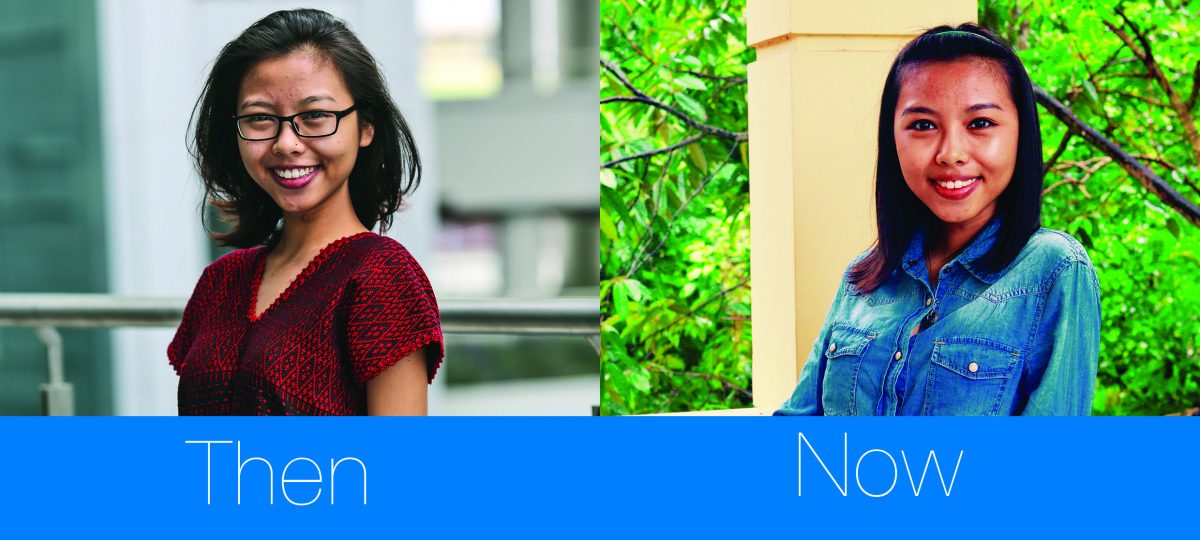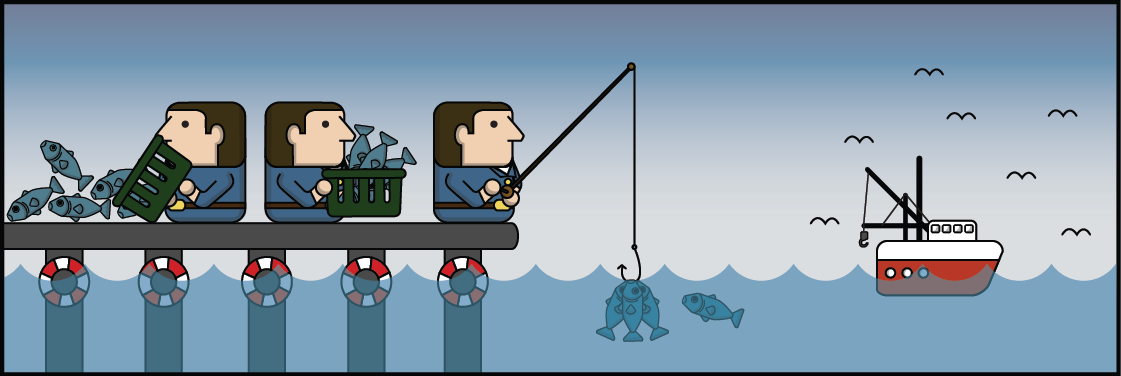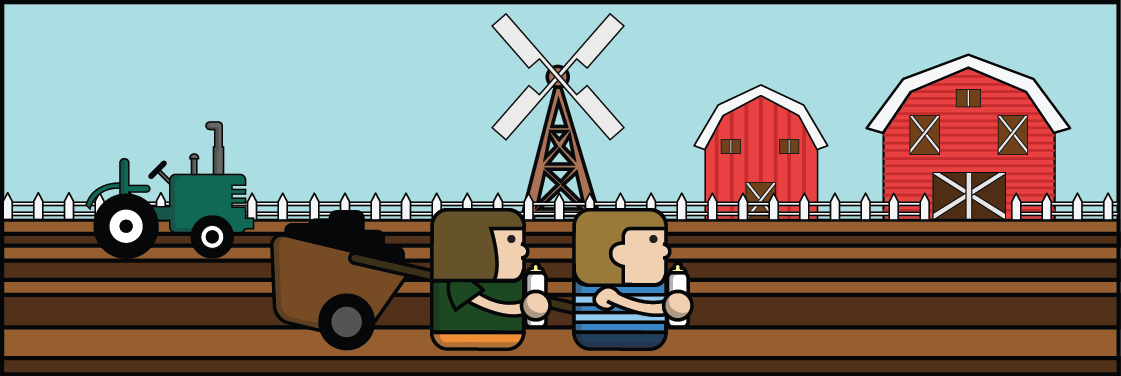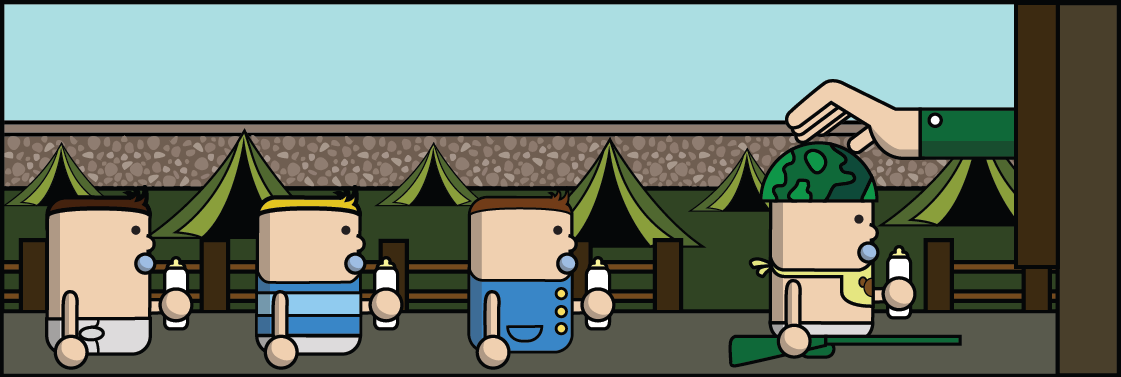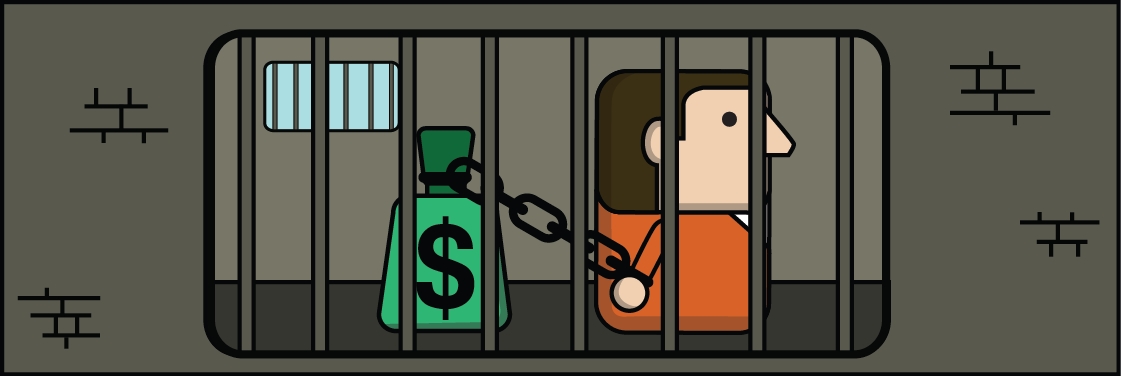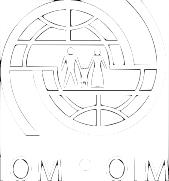Testing, testing, 1, 2, 3 – Migrate Safely!
While some of us are glued to our smart phones for news, there are many communities where radio is a valuable tool for people to get information.
With this in mind, IOM X and IOM Lao PDR conducted a three-day training for community radio volunteers, local government representatives and NGOs in Vientiane on 16-18 May. The training focused on how to produce radio shows that would teach listeners about the benefits of safe migration, and how to follow the steps to migrate safely.
Out migration is very common for Lao people, particularly those from rural areas where jobs are scarce and low-paid. They are drawn to neighboring countries, such as Thailand, by higher wages, the language (Thai and Lao are very similar) and familiar cultural traditions. In 2013, it was estimated that more than 926,000[1] Lao migrant workers in Thailand.[2] Using irregular channels for migration (including migrating without the right documents – such as a passport, visa and/or work permit) is common amongst Lao migrants as it known to be much cheaper then regular channels.[3] This can increase their risk of being trafficked or exploited due to their illegal status in the country.
Sharing information on the radio about the steps required to migrate safely is one thing, but convincing listeners to practice safe migration is much more difficult – especially given passport, visa and/or work permit and recruitment costs, as well as lengthy processing times.
The way information is conveyed through radio needs to be attractive, cool and engaging so that listeners are convinced that investing time and money in their migration journey now will pay off in the end.
During the training session, IOM X worked with community radio volunteers from three different provinces (Sayaboury, Xiengkhouan and Salavan) to brainstorm creative ideas on how to get audience members to recall key action messages, as well as engage them to be part of the development of the shows. Some of the ideas that came up were radio drama shows, talk shows and call-in shows. Radio shows where the audience can directly engage with the content – such as by calling in and asking questions, being part of the development or testing of a radio script, listening and relating to the characters in the radio stories, and/or adding humour, drama or action can help to ensure that audiences will walk away with practical knowledge that they will remember.
The radio volunteers are now taking the development further, and we look forward to seeing what they produce!
Footnotes:
[1] International Labour Migration Statistics (ILMS) Database for ASEAN. 2013. International Migration in ASEAN. p.2. Available at for download at: http://apmigration.ilo.org/resources/ilms-database-for-asean-international-migration-in-asean-at-a-glance
[2] Swiss Agency for Development and Cooperation. 2013. Lao Labor Migration and Remittance. p. 7. Available for download at: http://www.sdcmekong.org/2014/03/lao-labor-migration-and-remittances/
[3] Swiss Agency for Development and Cooperation. 2013. Lao Labor Migration and Remittance. p. 7. Available for download at: http://www.sdcmekong.org/2014/03/lao-labor-migration-and-remittances/
With this in mind, IOM X and IOM Lao PDR conducted a three-day training for community radio volunteers, local government representatives and NGOs in Vientiane on 16-18 May. The training focused on how to produce radio shows that would teach listeners about the benefits of safe migration, and how to follow the steps to migrate safely.
Out migration is very common for Lao people, particularly those from rural areas where jobs are scarce and low-paid. They are drawn to neighboring countries, such as Thailand, by higher wages, the language (Thai and Lao are very similar) and familiar cultural traditions. In 2013, it was estimated that more than 926,000[1] Lao migrant workers in Thailand.[2] Using irregular channels for migration (including migrating without the right documents – such as a passport, visa and/or work permit) is common amongst Lao migrants as it known to be much cheaper then regular channels.[3] This can increase their risk of being trafficked or exploited due to their illegal status in the country.
Sharing information on the radio about the steps required to migrate safely is one thing, but convincing listeners to practice safe migration is much more difficult – especially given passport, visa and/or work permit and recruitment costs, as well as lengthy processing times.
The way information is conveyed through radio needs to be attractive, cool and engaging so that listeners are convinced that investing time and money in their migration journey now will pay off in the end.
During the training session, IOM X worked with community radio volunteers from three different provinces (Sayaboury, Xiengkhouan and Salavan) to brainstorm creative ideas on how to get audience members to recall key action messages, as well as engage them to be part of the development of the shows. Some of the ideas that came up were radio drama shows, talk shows and call-in shows. Radio shows where the audience can directly engage with the content – such as by calling in and asking questions, being part of the development or testing of a radio script, listening and relating to the characters in the radio stories, and/or adding humour, drama or action can help to ensure that audiences will walk away with practical knowledge that they will remember.
The radio volunteers are now taking the development further, and we look forward to seeing what they produce!
Footnotes:
[1] International Labour Migration Statistics (ILMS) Database for ASEAN. 2013. International Migration in ASEAN. p.2. Available at for download at: http://apmigration.ilo.org/resources/ilms-database-for-asean-international-migration-in-asean-at-a-glance
[2] Swiss Agency for Development and Cooperation. 2013. Lao Labor Migration and Remittance. p. 7. Available for download at: http://www.sdcmekong.org/2014/03/lao-labor-migration-and-remittances/
[3] Swiss Agency for Development and Cooperation. 2013. Lao Labor Migration and Remittance. p. 7. Available for download at: http://www.sdcmekong.org/2014/03/lao-labor-migration-and-remittances/
(English) Editor’s choice
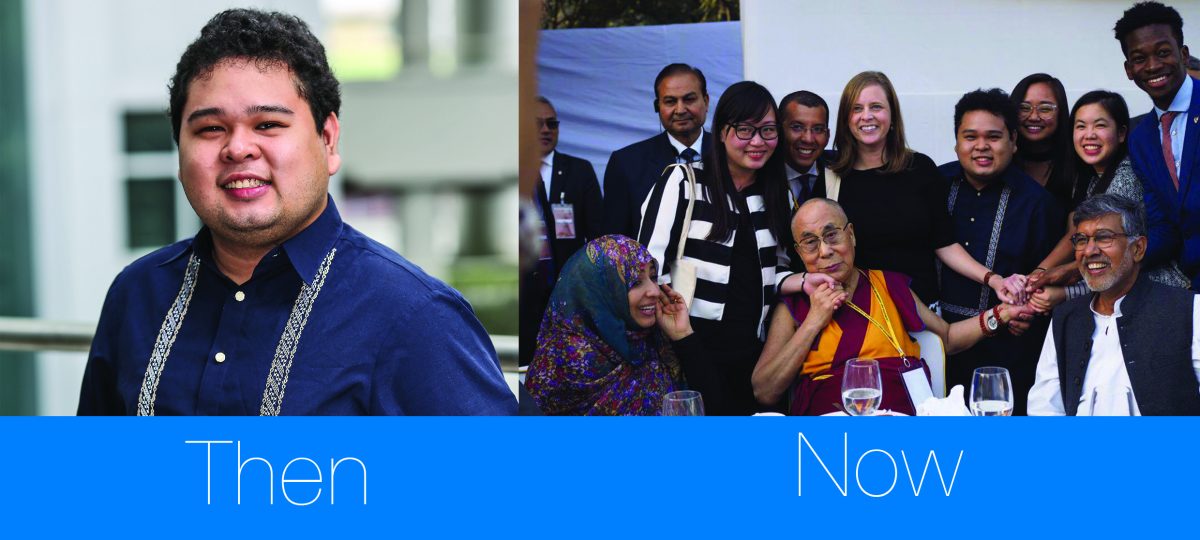
(English) Where are they now?: Joey, Philippines
sorry not available!

(English) Where are they now?: Joey, Philippines
sorry not available!

